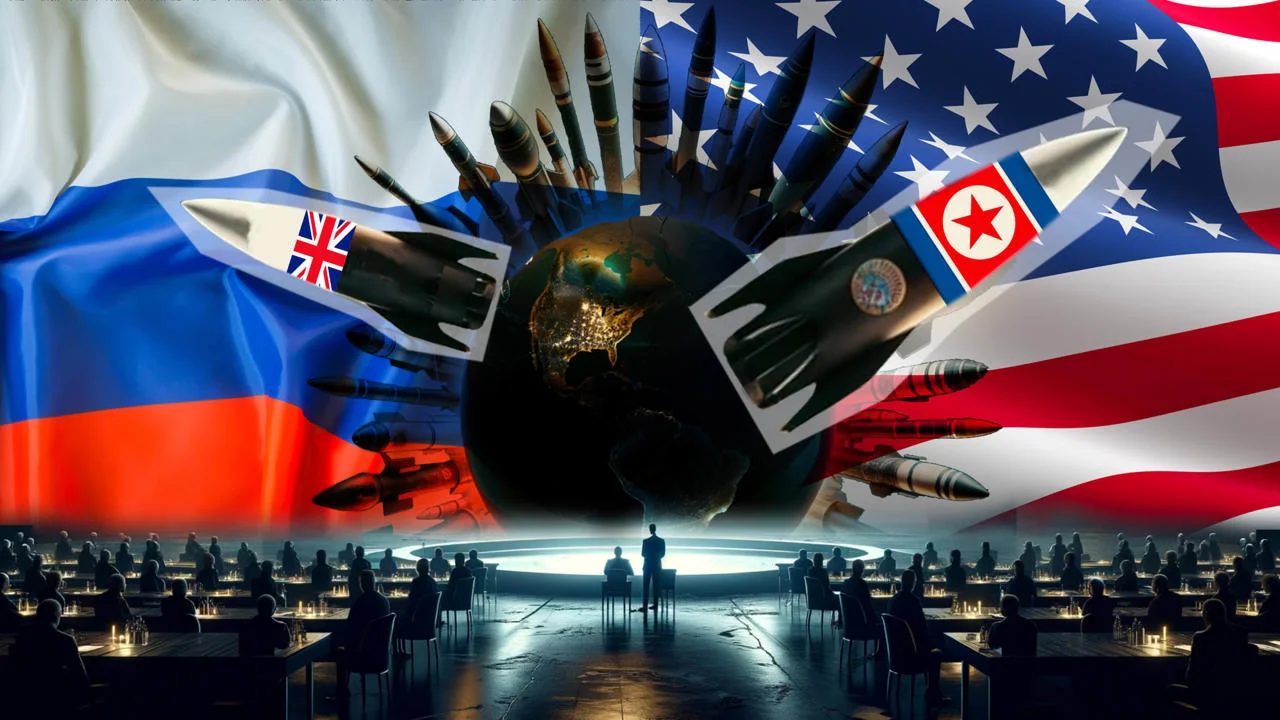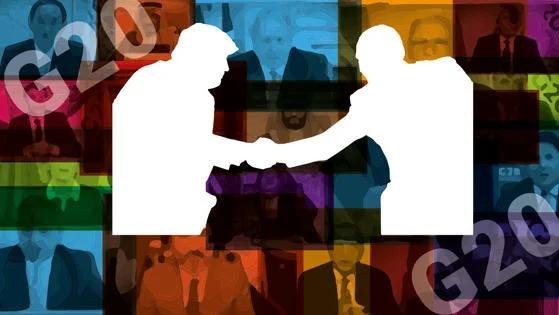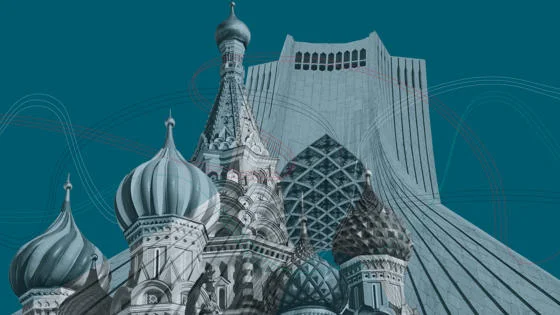The downsides of being a nuclear superpower

Contents
"In politics, there is this dominant concept that more is better across the defence realm, and I think this is especially common with nuclear weapons. The idea is that if you have more nuclear weapons than the other side does, you can leverage that capability. You can threaten to destroy whole cities, whole countries, and with that you can threaten the other side into getting what you want."
Dr Lauren Sukin, Assistant Professor in the Department of International Relations at LSE, is explaining why leaders of nuclear states are willing to spend billions maintaining arsenals of weaponry that not one of them hopes to use. Not everyone agrees with this approach – some scholars argue that countries need only a handful of nuclear weapons to defend themselves – but the concept that more nuclear power means more international power remains a strong belief.
"The insight my co-author and I were struggling with was this idea that if nuclear superiority really matters, then essentially, the more weapons you have, the more power you have on the global stage. And this power should scale up as your arsenal does. But when we look at the United States and North Korea, for example, this does not seem to be the case. The US is much more powerful in terms of its military capabilities, and especially in terms of its nuclear capabilities, and yet it really struggles to deter or coerce North Korea to the degree that it probably should if these theories are right," she says.
When one side is just much, much stronger ... this strength doesn’t look to be as helpful to them as you would think.
Nuclear superpowers and nuclear minnows
To understand why this dynamic is so at odds with popular belief, Dr Sukin and her co-author Dr Abby Fanlo (Stanford University) analysed data from the International Crisis Behaviour project, developing new statistical methods to explore how a state’s nuclear superiority relates to its probability of crisis victory.
Contrary to the adage that bigger is better, their paper reveals a more complex picture of power play between countries during times of conflict than has previously been understood. This means that even leaders of nuclear superpowers cannot be complacent over the possibility of a nuclear strike against them – the size of their nuclear stockpile may give them strength in one circumstance, while placing them at a disadvantage in another.
"We show that when states have similar numbers of nuclear weapons, it’s possible that the stronger state gains an advantage. But when we look at conflicts between powers where there is a vast disparity in capabilities – when one side is just much, much stronger – we find that this strength doesn’t look to be as helpful to them as you would think," Dr Sukin explains.
"When a strong nuclear power faces a state with a significantly weaker nuclear arsenal, our analysis finds that there are actually few benefits to having nuclear superiority, and that the weaker states are able to use their nuclear disadvantage to their advantage."
This, Dr Sukin says, is because those states are well aware of their inferior nuclear status. "They know that they’re in between a rock and a hard place, and so the only thing they can do is show a strong resolve to fight," she says.
"They have to look a lot more determined to go through with using weapons than their military capabilities alone tell us they should be, because they simply have no other choice. And so, it’s not just about capabilities. We find that the crucial component is really how willing you are to use these weapons, and we link how capabilities might shape that resolve in a way that hasn’t been done before."
What we consistently find is that weak nuclear states are able to deter more powerful nuclear states.
Nuclear games of chicken
It is this disparity in strength between opponents that lies behind the use of rhetoric and nuclear brinkmanship shown by leaders such as North Korea’s Kim Jong Un, Dr Sukin’s research shows. And this dynamic is not limited to the US and North Korea. "We're also talking about Russia and the United Kingdom, or Israel and the Soviet Union, for example," she explains.
"There are all these pairs of states throughout the world that are or have been antagonists to each other, where one state holds a far more superior nuclear arsenal than the other. And what we consistently find is that weak nuclear states are able to deter more powerful nuclear states."
Nuclear rhetoric, therefore, reveals less about the specific leader making those pronouncements, and more about that country’s standing on the nuclear stage. "Leaders have to make decisions with what they are given and the situation they’re in," says Dr Sukin.
"We’ve seen this recently with Ukraine and the coming together of the European defence community, which has been very vocal about its commitment to Ukraine. That can overcome what might have looked, from the beginning, like a material disadvantage."
How likely is a nuclear war?
It might be reassuring to dismiss the threats made by a leader facing a nuclear superpower opponent as meaningless political rhetoric, but Dr Sukin cautions against this approach. "It’s in some ways reductionist to say that it's just a game and these words are just manipulation. Nuclear weapons shape a lot of political decisions, including decisions that are happening right now in Ukraine and elsewhere in the world. These threats are real, and that's what gives them the power to influence politics," she says.
"Now that's the bad news side of it. The good news side of it is that the incentive to fight a large-scale nuclear war is pretty minimal in most cases, and there are lots of structures, whether that's international law or domestic political barriers or alliances, that keep the risk of nuclear war pretty low, even when leaders are serious about making nuclear threats."
The risk may be minimal, but when it comes to international diplomacy, Dr Sukin cautions that global leaders must still bear in mind the possibility that a leader will one day make good on their threats: "These threats are happening regularly, and we have to be aware that they are real – there’s always the possibility a nuclear weapon will be used. But I don't think we should collapse in the face of that. What it means is that we need to work hard and carefully to make sure that we manage our nuclear arsenals and our nuclear deterrence effectively. We have to be respectful of the power that these weapons have and have a new conversation about deterrence in the modern world."
It’s important to make sure that we continue to maintain the levers that would prevent nuclear proliferation from happening.
Nuclear non-proliferation must be prioritised
Dr Sukin argues that nuclear non-proliferation needs to be a key priority for leaders navigating today’s turbulent global politics. "When we see significant increases in nuclear threats in the world, there's a tendency to say ‘oh, what we need to solve these threats is more nuclear weapons’. It’s important to make sure that we continue to maintain the levers that would prevent nuclear proliferation from happening," she says.
This means having strong non-proliferation controls, she explains, and also ensuring that alliance networks are maintained in a way that can answer nuclear threats efficiently and collaboratively, taking into account the differing concerns that countries around the world might have.
Dr Sukin argues that these concerns are evolving. "We need to change how we think about nuclear deterrence. We need to recognise that nuclear weapons and nuclear deterrence aren't something that happen off to the side, totally devoid of all of the other politics and military strategy in the world," she says.
A safer world, Dr Sukin argues, will require leaders to develop a broader and more integrated set of capabilities, with thinking given to how nuclear weapons integrate with, or affect, more conventional military capabilities, as well as to issues of cybersecurity and the risks posed by advances in AI. "We need deterrence strategies that don’t only rely on nuclear weapons and nuclear rhetoric, but that recognise and utilise the wider strength of militaries across all their systems and areas," she concludes.
"Nobody wants to have a nuclear conflict, but we also have to have the capabilities that can answer and deter those threats. One of the challenges in nuclear politics is that we're always walking this fine line. Nobody wants a nuclear war to happen, but that fact is what makes nuclear weapons so powerful. A better understanding of that will help us deprioritise the nuclear element of nuclear deterrence and establish more sustainable methods of deterrence that reduce the risk of nuclear war."
Dr Lauren Sukin was speaking to Jess Winterstein, Deputy Head of Media Relations at LSE.
Download a PDF version of this article



